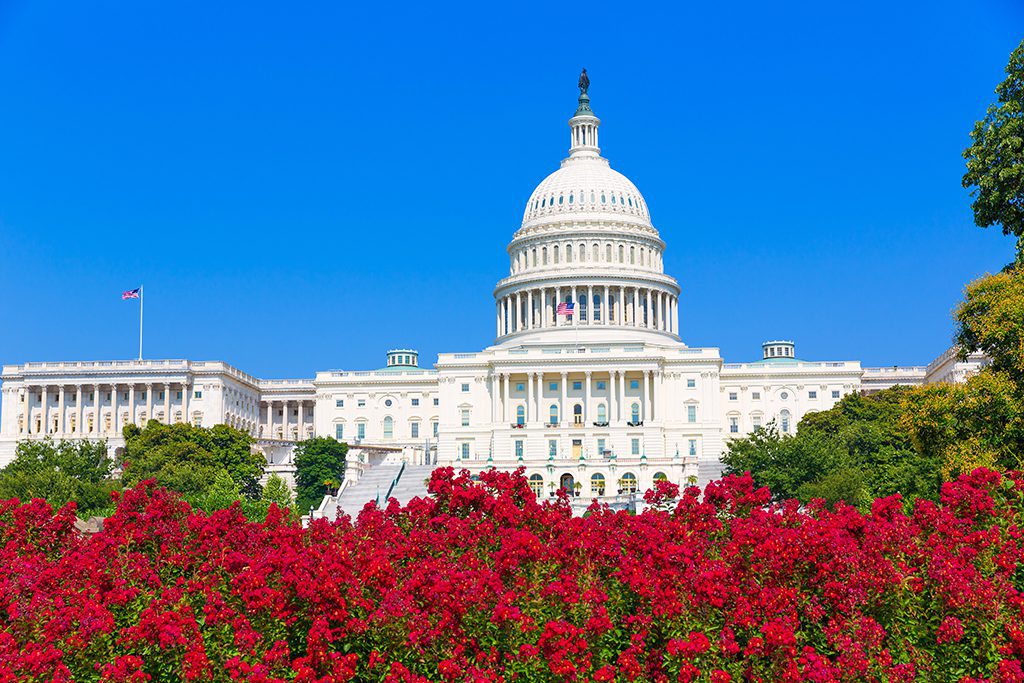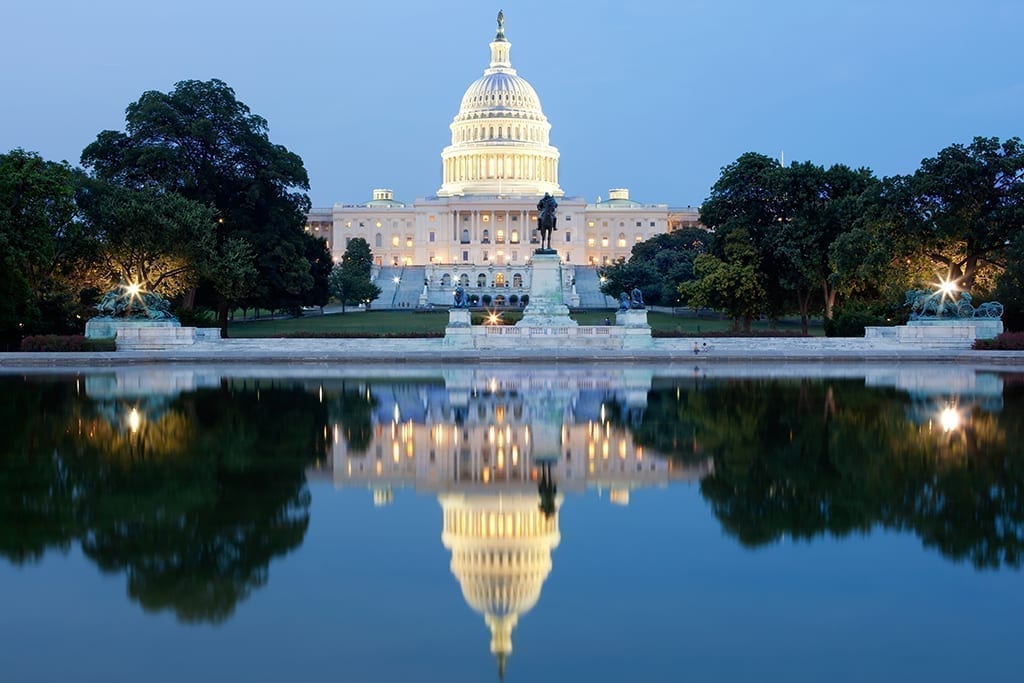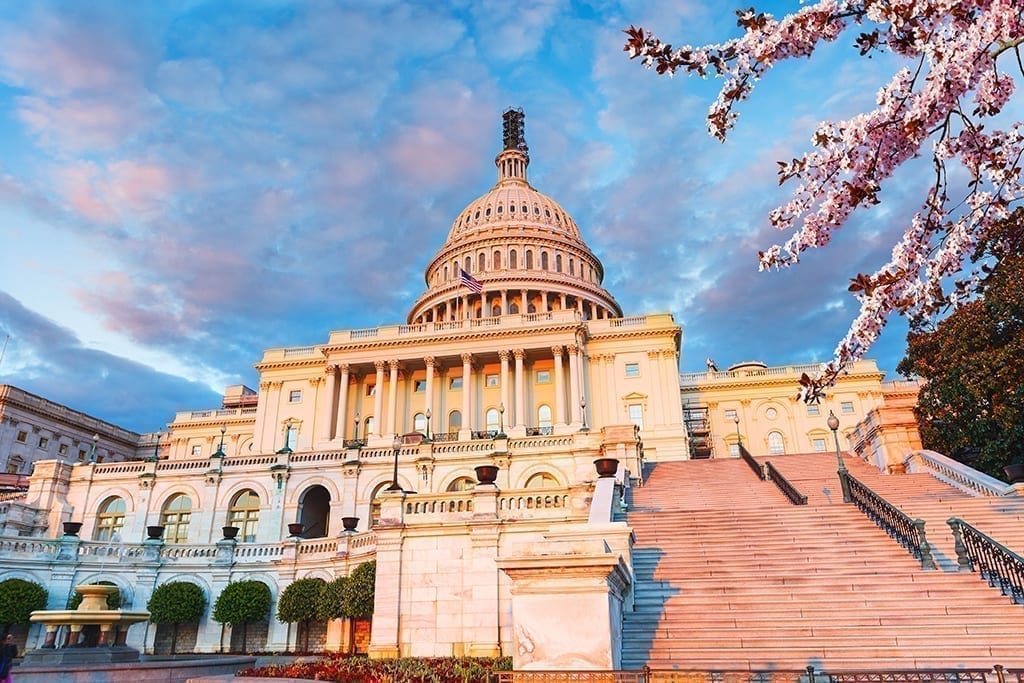
The Generalize System of Preferences (GSP), which allows for duty-free access to imported products — including flowers — enables more than $20 million per year to stay in the floral industry rather than be lost to government coffers. SAF will push for Congress to reauthorize the GSP during its Congressional Action Days.
Editor’s note: Advocating for the floral industry’s needs on Capitol Hill is a key priority for the Society of American Florists. What issues are most likely to impact you and your business – and how? What is SAF doing about it? In this ongoing series, SAF senior lobbyist Joe Bischoff breaks down one issue at a time and outlines SAF’s advocacy work on it.
This week, Bischoff answered questions about the importance of and renewal effort for the Generalized System of Preferences (GSP), a trade program that allows for duty-free access to thousands of products, including flowers. With Congressional Action Days less than a month away, now is the time to register for the event and get up to speed on SAF’s advocacy asks.
SAF: Why is duty-free access to fresh product an important issue for the industry?
Joe Bischoff: Access to floral products grown abroad is critical for the U.S. floral industry. Nearly 80 percent of cut flowers purchased in the U.S. are grown in other countries and almost 95 percent of those imported come from countries where relief from duties is applied through free trade agreements. The GSP allows for duty-free imports on thousands of products — including flowers — from 119 countries. This tariff relief provides pricing stability for the industry. The GSP enables more than $20 million per year to stay in the floral industry rather than be lost to government coffers. The more money that stays in the industry, the more it helps facilitate growth.
SAF: SAF was successful in getting roses added to the GSP in November 2020, eliminating the 6.8 percent tariff on Ecuadorian roses. Why is that tariff back in place?
Joe Bischoff: The GSP was originally authorized by Congress in 1974 but must be periodically reauthorized. Unfortunately, the most recent authorization ran out on December 31, 2020, and reauthorization delays have been common throughout the program’s history. The return of tariffs on Ecuadorian roses are not unique. They will return to duty-free status once the GSP is reauthorized and tariffs are again removed from all GSP approved products.
SAF: What does the renewal process look like — and where does it stand?
Joe Bischoff: Reauthorization of the GSP must be passed by Congress and signed into law by the president. The GSP frequently gets passed as part of another legislative package rather than a stand-alone bill. The current GSP reauthorization bill is included as part of the House’s America COMPETES Act and the Senate’s United States Innovation and Competition Act (USICA), both of which have passed their respective chambers. However, in order for Congress to pass the legislation, the differences between the bills need to be worked out through the conferencing process. The size and complicated nature of these large bills, coupled with congressional efforts to address Russia’s invasion of Ukraine and pass fiscal year 2022 appropriations, has slowed progress. It is becoming increasingly likely that the conference report of the America COMPETES Act and USICA, along with GSP, will not completed until after the fall election.
SAF: If renewed, will importers and wholesalers be reimbursed for the tariffs they have paid since January 2021?
Joe Bischoff: Yes. The GSP reauthorization language in both the House and Senate includes retroactive reimbursement language. In addition, the GSP authorization has lapsed each of the last three effective periods, and each time, Congress has provided a retroactive extension to the program.
SAF: GSP renewal is obviously a good thing for wholesalers and importers, and their customers, but how does it impact domestic growers?
Joe Bischoff: While GSP allows for importers and wholesalers to save money on tariffs, it also includes the “competitive need limitation” which prevents the imports from any one country from getting too big. In fact, roses from Ecuador are near or at that limit already. So, the duty-free savings provided by GSP are likely to be spent expanding domestic businesses or purchasing more domestic product. In fact, during a 2020 hearing with the U.S. Trade Representative Office, several U.S. wholesalers said the addition of roses to GSP would save them money and enable them to purchase additional domestically-grown premium products.
SAF: What can SAF members do to get involved on the issue?
Joe Bischoff: They can join us for Congressional Action Days to let members of Congress and their staff know how important this program is and urge for its reauthorization. Members of Congress need to know that holding up GSP reauthorization is preventing small businesses from investing in improvements and expanding their workforce. A lapse in the GSP is a self-inflicted wound on our economy.
Katie Butler is the senior vice president of the Society of American Florists.



